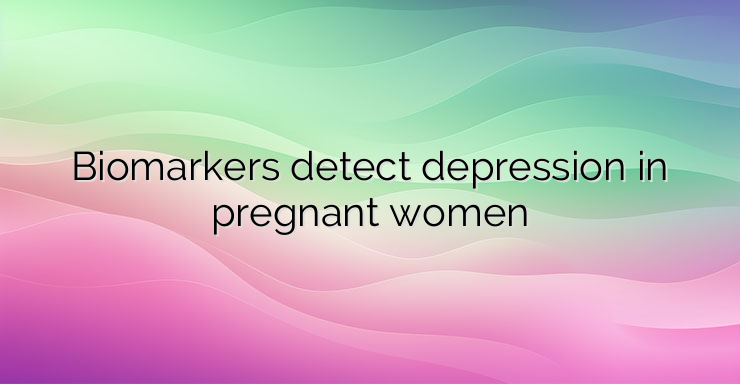Although pregnancy is a state in which women most often experience positive emotions, for some of them this is not the case. Cases of depression among pregnant women are not uncommon. Diagnosing this mental condition is important, and for that reason a new study involving scientists from the Van Andel Institute and Pine Rest Christian Mental Health Services revealed signs of blood inflammation that can reliably predict and identify major depression during pregnancy . The team was able to detect 15 biomarkers in the blood that could predict whether a woman would experience significant depressive symptoms. Accuracy is 83%. Almost one in five new mothers experience severe depression during or after their pregnancy, and about 14% of them have suicidal thoughts. It is known that inflammatory processes usually lead to the worsening of the symptoms of depression or to its onset. Because of the major changes occurring in a woman’s body during pregnancy, and especially those of her immune system, it is assumed that inflammatory processes could have a particularly important role in the development of depression during this and the postpartum period. The study included 114 pregnant female volunteers from Spectrum Health’s obstetrics and gynecology clinics. The researchers tested the blood of the participants, after which they went through clinical evaluations for depressive symptoms every trimester. Assessment of their mental status continued after birth. From the obtained results, it is observed that cytokines and some metabolites of tryptophan can predict the onset of depression during pregnancy. These substances can be used as clinical markers to determine the risk of developing the mental condition during and after pregnancy. The next steps the scientists will take is to analyze an additional set of samples and information to determine cut-off values for the risk of depression. The study was published on January 26, 2022 in the journal Translational Psychiatry. So far, no such research has been carried out. The discovery will significantly help clinicians detect and identify women at higher risk of developing depression. In this way, during the follow-up of the pregnancy, the therapy of the patients will be timely and adequately regulated. Sources: https://www.nature.com/articles/s41398-022-01801-8


Leave a Reply